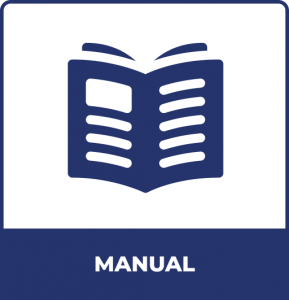This manual has been written to assist criminal justice practitioners involved in the delivery of non-custodial sanctions to find ways of ensuring that any community-based measures are used effectively and do not discriminate against minority or marginalised groups or those left uniquely vulnerable in the criminal justice system due to specific personal or background characteristics or circumstances. The manual draws on work undertaken in the context of the project PRI Alt Eur: Promoting non-discriminatory alternatives to imprisonment across Europe.1
The project is implemented by Penal Reform International (PRI) in partnership with the University of Coimbra, Portugal and the Hungarian Helsinki Committee. The manual draws in particular on research conducted as part of the project in Hungary and Portugal, as well as training conferences and workshops held at the University of Coimbra in May 2022 and in Budapest in November 2022. The manual should be read in conjunction with the presentations and resources produced and referenced at the training events.
Background
Non-discrimination principle
The importance of non-custodial sanctions
Tackling discrimination against racial or ethnic minorities
Tackling housing problems among racial or ethnic minorities
Changing discriminatory attitudes
Building trust in criminal justice
A more creative approach to the supervision of non-custodial sanctions
Looking at legal reforms
Tackling discrimination against people with mental health issues
International standards
Partnerships with public healthcare agencies
Problem solving courts
Improving probation practice with people who have
mental health issues.
Penal Reform International (PRI)
PRI, HHC& UC (2023). Promoting non-discrimination in the application and delivery of non-custodial sanctions and measures – A manual for criminal justice practitioners. Penal Reform International, Hungarian Helsinki Commitee, Universidade de Coimbra. Training-Manual-FINAL-ENG-1.pdf (penalreform.org)



